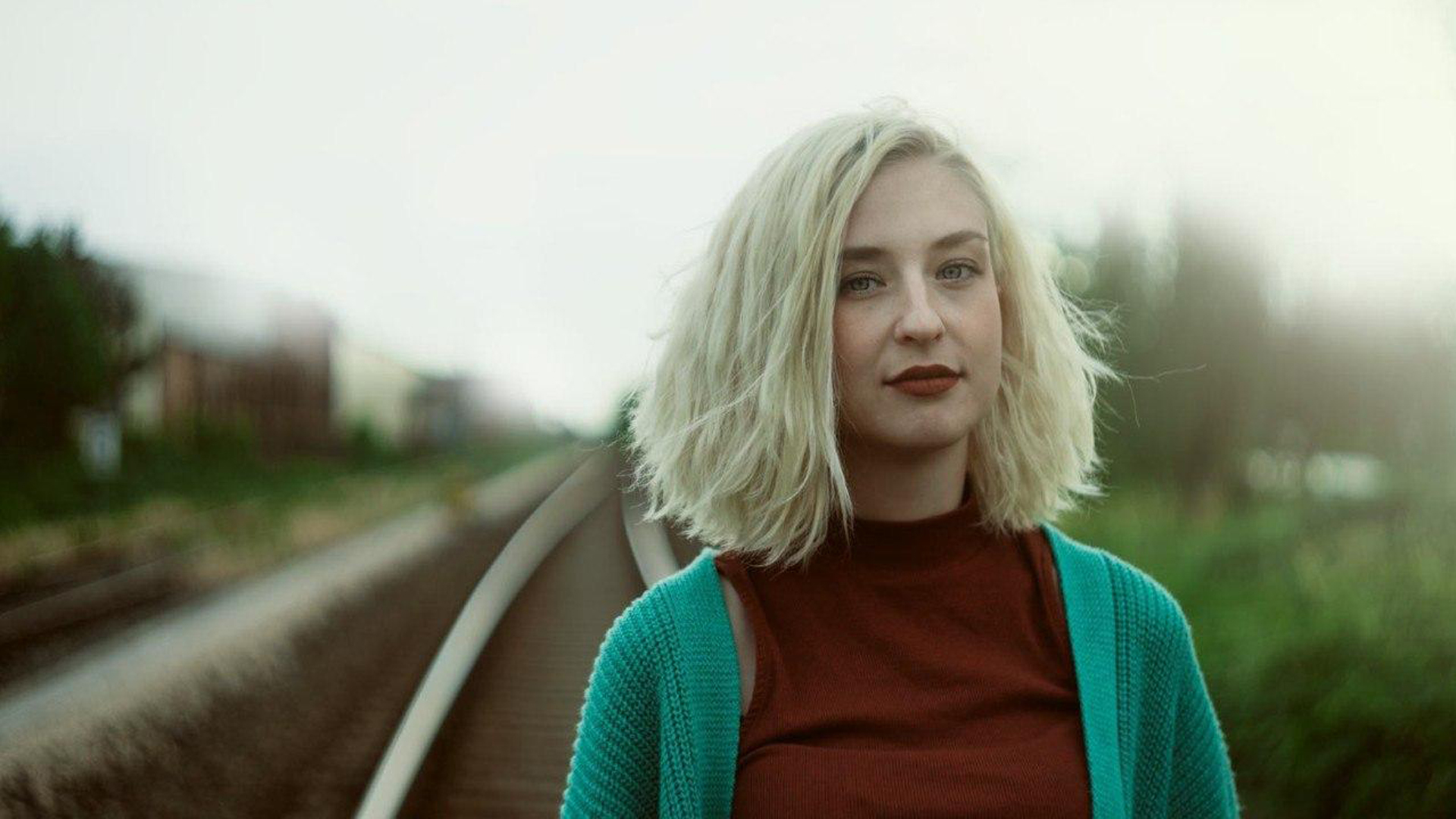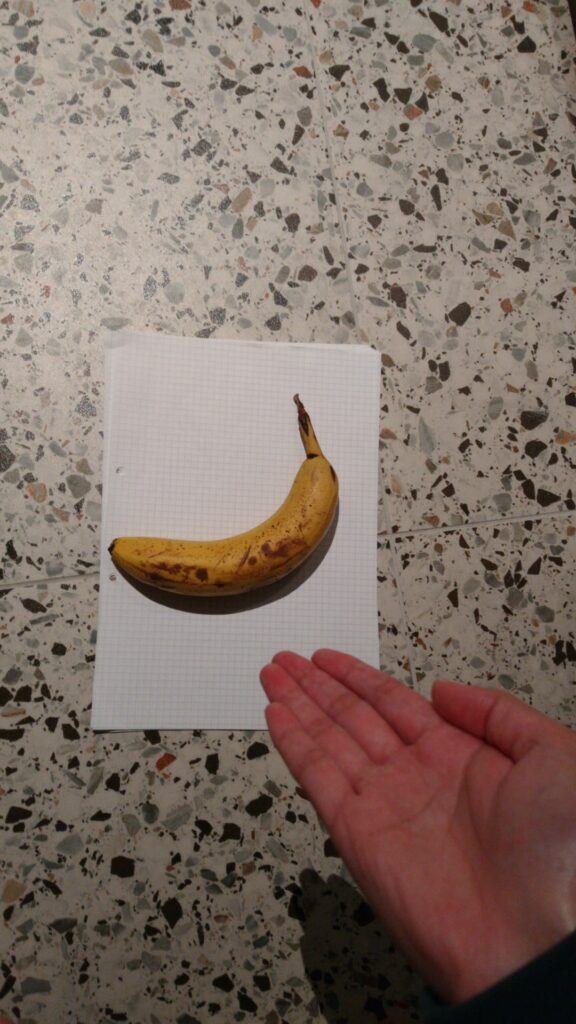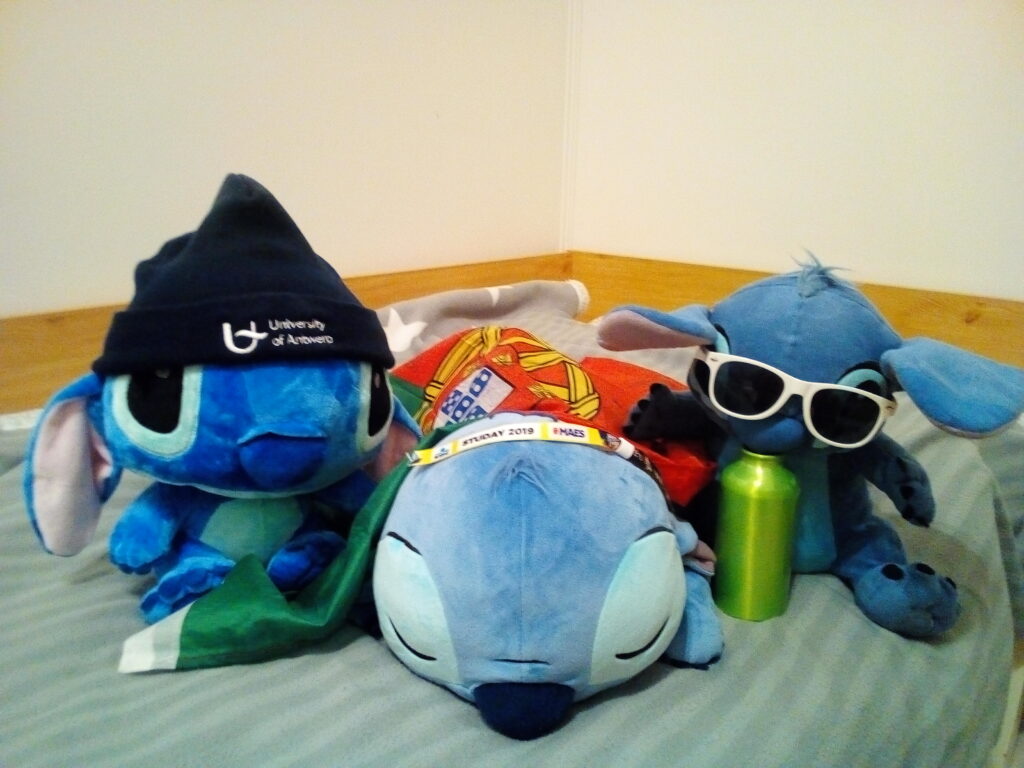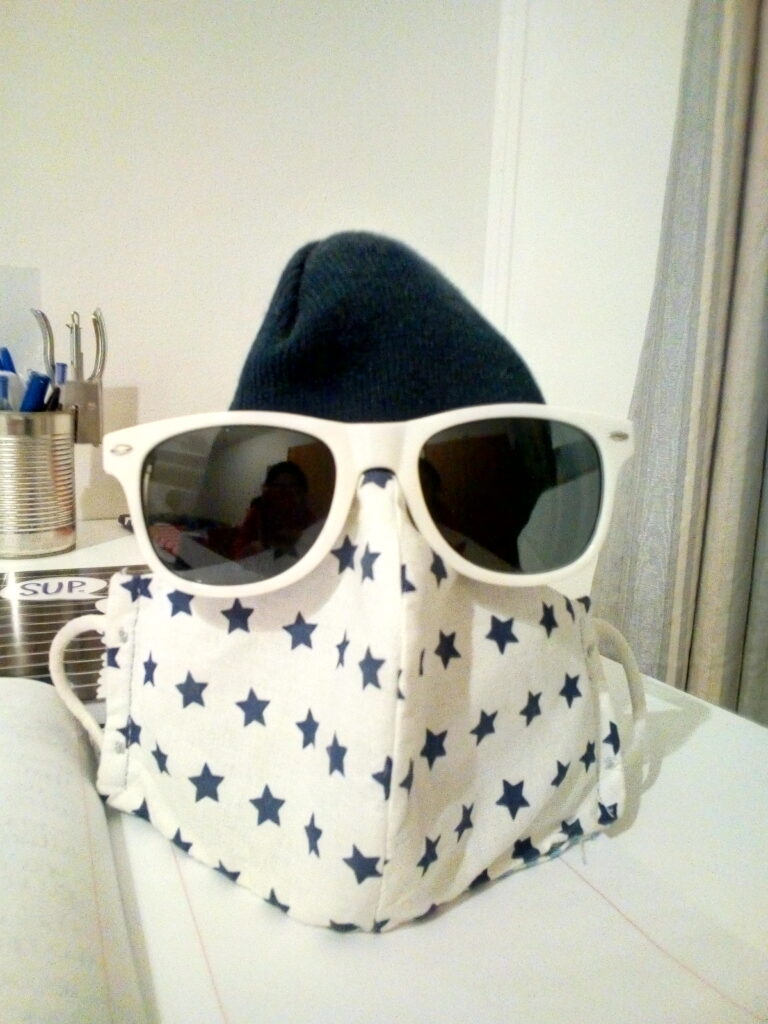Where do I get textbooks? What activities should I know about? Where can I buy a bike? Finding your way around a new university isn’t always easy. The Buddy Project App aims to give international students, researchers and employees a helping hand by putting them in touch with local hosts.
Aleksandra Sviridova started as a PhD student at our university in September. Originally from Moscow, she did her Master degree in Dessau, in eastern Germany. ‘I remember how lost I felt at first’, she says. ‘As a newcomer, you really want to find out what’s out there. Are there any interesting workshops or activities? As an outsider, you often find out too late, or not at all. The buddy who was assigned to me in Dessau was a great help. When I heard there was a similar initiative at UAntwerp, I immediately downloaded the app and signed up.’ In no time, Aleksandra had four matches. She found a friend in Jolien, who works at the university library. ‘It turns out we have a number of common interests, so we regularly message each other in the app.’
Got a match?
Our university has had a buddy system since 2017. Until recently, however, it was limited to students and employees from the Global South. ‘Mitte Scheldeman of USOS was in charge of that project. She did everything manually, which of course was a lot of work’, explains Lotte Coenen from the International Staff Office.
Since the international community at our university has grown considerably in recent years, it was decided to roll out the buddy system to the entire university. A suitable application was needed to handle the scale-up. Lotte: ‘With MONDO, we had already established a social network for the international community. So we were happy to support this initiative, together with the International Students Office, the Antwerp Doctoral School and the International Relations Office. For the practical side of things, we partnered up with GenSpeak, a small company that developed the Buddy Project App for us.’

The system is really quite simple: you register in the app and enter some personal details, like your age, faculty and interests. Prospective hosts also indicate how often they want to meet and whether they’d be happy to take one or more buddies under their wing.
‘We can adjust the algorithm ourselves’, explains Lotte. ‘Age, for instance, is less important to us, but we do make sure that the buddy and the host are on the same campus. The system processes new registrations on a weekly basis. Once a host is matched to a buddy, they take it from there.’
‘It’s important to have someone to turn to’
Anton Rombaut, a Master student in the Faculty of Law, has also taken an international student under his wing. ‘Last spring, I went to Barcelona as an Erasmus student myself, but unfortunately, because of the pandemic, I had to come back after just a few weeks. In that short period of time, I experienced how important it is to have someone to turn to. Just understanding the COVID-19 safety measures was a challenge, because at first they were only communicated in Catalan.’
This meant it was a no-brainer for Anton to sign up as a host. ‘When I saw the email, I browsed through the app to see who was on the list. That’s how I got in touch with a Brazilian law student who arrived here in September. Before the lockdown, we went for a drink and to the cinema. I’ve been able to help him with a few practical things, like where to buy a bike and what to expect from the Antwerp Law job days. Now and then I send him a message so he knows he can always contact me.’
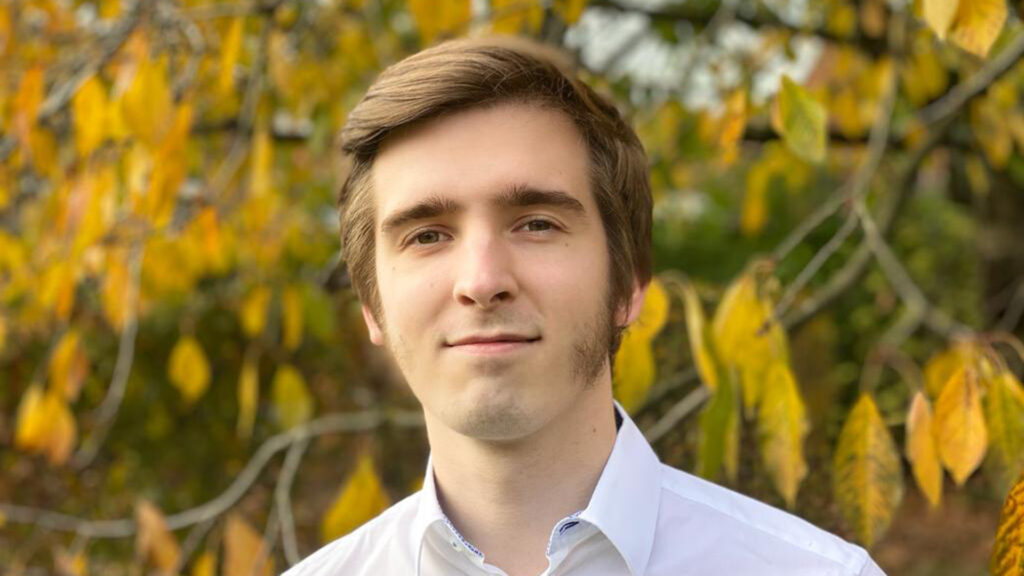
Around 220 people have registered via the app so far. The vast majority are students, mostly PhD and degree students. ‘There’s always room for improvement, of course, but we’re already reaching a substantial number of people’, says Lotte. ‘We were pleasantly surprised by the large number of hosts too. At the moment, we’re still looking at ways to increase our visibility among researchers and staff. After all, it would be nice for researchers who are living here with their spouses and children to go to the playground with other families.’
Virtual walking group
These days, meeting up in person is complicated. Aleksandra has only had virtual contact with her host. ‘Jolien has given me lots of tips for fun activities, but because of the pandemic, there’s not much you can go out and do. Really the only people I see right now are my colleagues in Product Development, because we can’t work from home.’
In spite of the restrictions, people are still finding ways to do things together. For instance, Aleksandra is taking part in the Millionaire Team Step Challenge – another tip from Jolien. Together with four others, she has formed a virtual walking group. Their goal is to count their steps and get to a million by the end of the month.
Because of the pandemic, there was no Buddy Kick-off event in person this year. But the team did provide a decent alternative with the Scavenger Hunt, a virtual quest. ‘We came up with various tasks for participants to complete in small groups: from making a TikTok video to being creative with toilet paper. There were about forty registrations for the two evenings combined’, says Lotte. Aleksandra also took part and says it was a fun experience: ‘It was great to get in touch with other newcomers.’
Lotte realises that the current pandemic is making it extra challenging for foreigners to settle and thrive in Antwerp. ‘That’s why we’re trying to monitor our international community closely, so we can provide support wherever necessary. We really don’t want people to feel like they’re on their own.’


